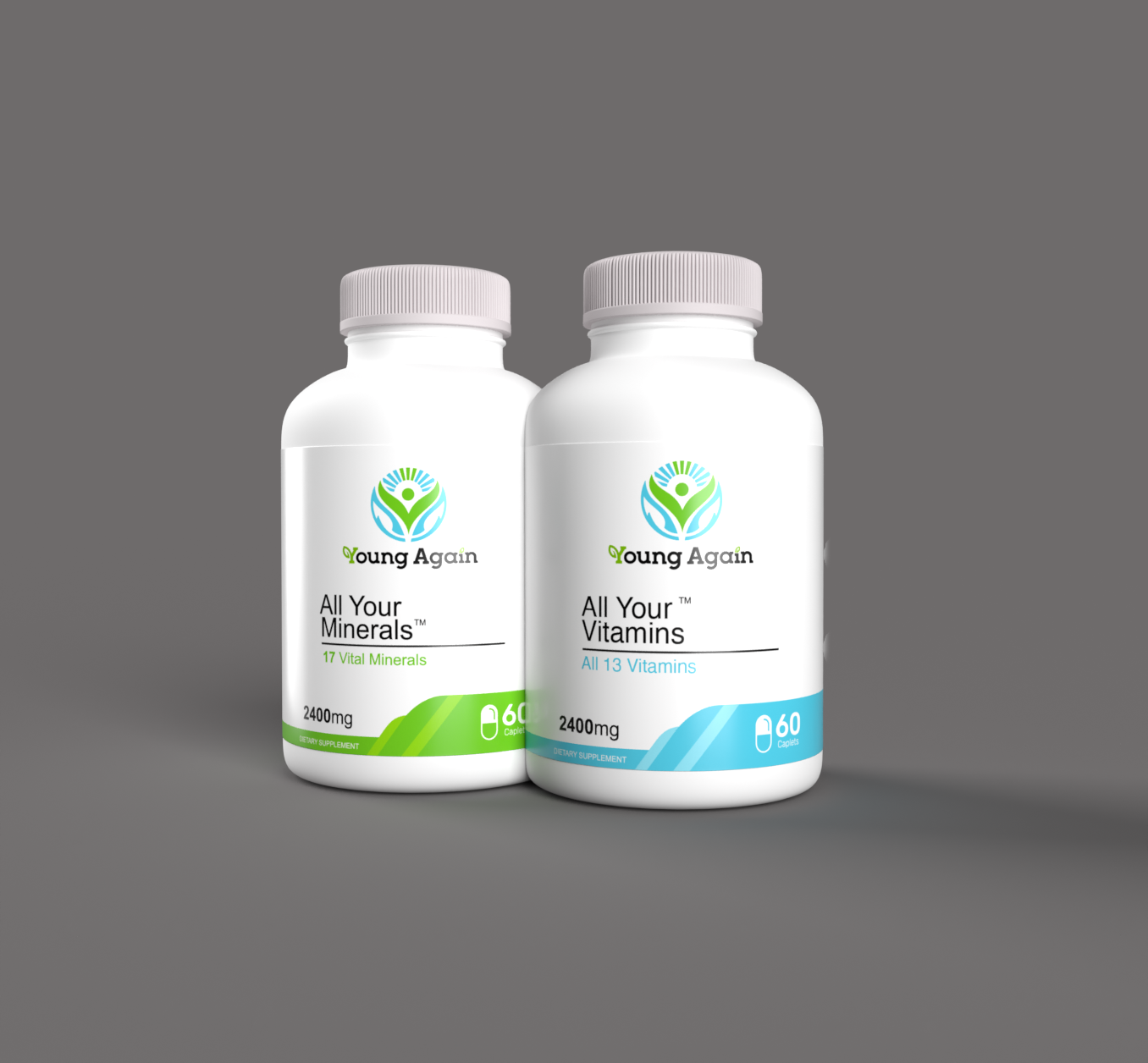
Boosting Brain Energy: A Fresh Call to Action Against Early Alzheimer’s
Share
Why brain energy matters
Alzheimer’s is on the rise, but many people don’t realize that long before memory loss begins, the brain’s ability to produce energy starts to break down. Neurons become starved of ATP—the energy currency of cells—which sets the stage for cognitive decline.
Creatine: More Than a Muscle Supplement
While creatine is best known for fueling workouts, it also plays a vital role in brain energy. It helps maintain healthy ATP levels in brain cells during times of high demand. When this energy system runs low, it can impact memory, focus, and long-term brain resilience.
The Cognitive Potential of Creatine
Research in recent years has highlighted creatine’s impact on memory, mitochondrial function, and neural communication. It’s becoming clear that supporting brain energy may be just as important as targeting plaques or tangles in the brain.
How Creatine May Support Brain Health
Creatine supports the brain through multiple pathways:
- Boosts energy production in neurons
- Supports healthy glucose uptake
- Acts as an antioxidant
- Helps balance inflammation
- May influence proteins linked to memory decline
- Supports lean muscle mass—which is tied to better cognitive outcomes as we age
What It Means for You
If you’re focused on staying sharp, active, and mentally resilient for the long haul, creatine offers a compelling option. It's safe, well-studied, and works at the root level—your cellular energy.
🌿 Young Again Takeaways
Key insight: Creatine isn’t just about building muscle—it's a smart, proactive way to support cognitive health as we age.
How to Make It Part of Your Routine:
- Start with 3–5 grams per day
- Combine with protein-rich meals for best absorption
- Pair with brain-supportive habits: strength training, deep sleep, stress reduction
Want to jump start your routine? Grab the Young Again Creatine supplement today!

